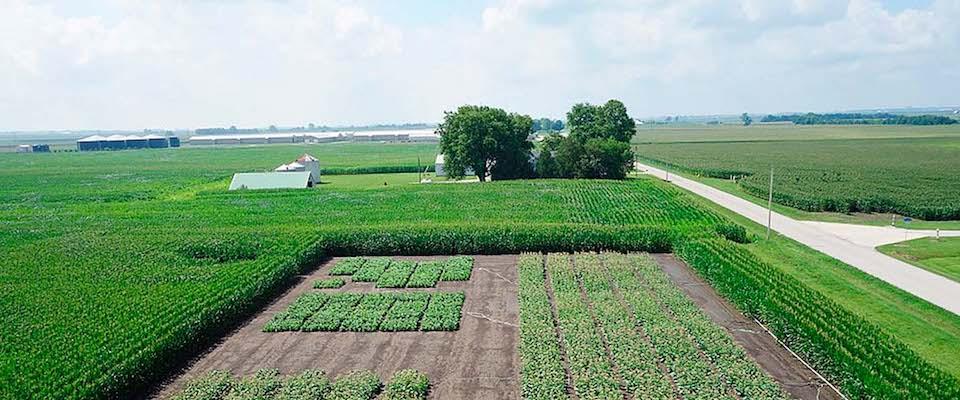By Maria Guara
 UC Berkeley plant scientists, working with colleagues from the University of Illinois, have successfully supercharged the photosynthesis cycle, allowing genetically altered tobacco plants to grow as much as 20 percent larger simply by using more sunlight.
UC Berkeley plant scientists, working with colleagues from the University of Illinois, have successfully supercharged the photosynthesis cycle, allowing genetically altered tobacco plants to grow as much as 20 percent larger simply by using more sunlight.
The promise of this groundbreaking research is by no means limited to tobacco. Researchers expect their techniques to translate readily to other plants, potentially boosting yields on existing farmland worldwide. Such an advance could help feed the world’s growing population without expanding agriculture’s already massive footprint.
“The goal was not to make better tobacco, but to sustainably improve the productivity of food crops, fiber crops, biofuel crops,” said study co-author Dr. Krishna Niyogi, professor of plant science at Berkeley. “We are now looking at food crops such as cassava, rice, sorghum, cowpeas, and maize, which are staples of small farmers throughout the developing world.”
Photosynthesis is the chemical wizardry by which green plants and phytoplankton use the sun’s energy to convert carbon dioxide (and water and minerals) into biomass (sugars and other molecules), providing the foundation of Earth’s food chain. The researchers did not attempt to alter the fundamental machinery of photosynthesis—instead they targeted three naturally occurring proteins that help plants protect themselves from sunburn.
When the energy-producing chloroplasts in leaves are overwhelmed by intense sunlight, pigments quickly activate to shield them, diverting excess light and allowing photosynthesis to carry on at a normal rate. This process, called non-photochemical quenching, or NPQ, prevents leaves from wilting or being scorched. But the protective pigments can be very slow to turn off once the danger has faded, reducing a shaded plant’s potential productivity by as much as 30 percent, researchers have estimated.
Read More:
